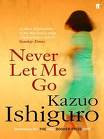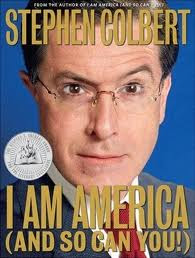
Edith Wharton was born Edith Jones, in 1862, to a wealthy New York family. Just how wealthy they were can be judged by the fact that they were the original Jones who one is supposed to keep up with.
HOUSE OF MIRTH is set in this wealthy world, and deals fundamentally with the problem of money.
It tells the story of the poor but beautiful Lily Dart, and her hunt for a husband. Lily spends all her time playing dumb and available, while making private calculations as to how long she can keep this gown going, and how far she will have to go to get Mr Dimwit to offer for her. She does get several Mr Dimwits to come to the point, and though she desperately wants to escape her relative poverty, somehow cannot get herself to go through with the sale of herself. However, when she finally received an offer from a man she very much likes, Mr Selden, who is poor, she cannot bring herself to commit to a life of old clothes and small rented rooms either.
This may make it sound like a rather serious book, but it is actually frequently very funny. Here’s Lily’s aunt’s ideas on leaving New York:
Mrs Peniston thought the country lonely and trees damp, and cherished a vague fear of meeting a bull.
There is definitely an idea still present today in our culture, coming mostly from the the 19th century, of the desirability of the sweet young ingenue – weak, innocent, and pure. In HOUSE OF MIRTH, Wharton allows us to see the complicated scheming women put into creating this impression of docility and stupidity that they knew was required. It’s an entire re-examination of the idea of young womanhood. Lily has a sharp intellect and a tortured soul, and remains torn between her lower and higher selves, gradually falling out of good society, and eventually having to join the work force. I can’t think of another young woman in the literature of this period who would make the following speech:
I have tried hard – but life is difficult, and I am a very useless person. I can hardly be said to have an independent existence. I was just a screw or a cog in the great machine I called life, and when I dropped out of it I found I was of no use anywhere else.
At the end of the book I had the odd feeling that I actually knew Lily, and thus (SPOILER ALERT) when Wharton kills her off in an apparently almost intentional overdose, I felt both sad, and cross.
I really wanted this clever and rebellious girl to triumph over her environment, and wanted Wharton to have written that book; but perhaps the book she has written is more accurate. Perhaps clever and rebellious girls do generally get what is coming to them. A luta continua, and all that.









